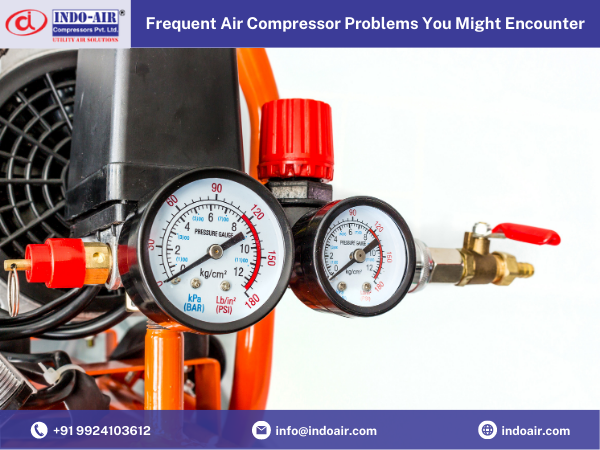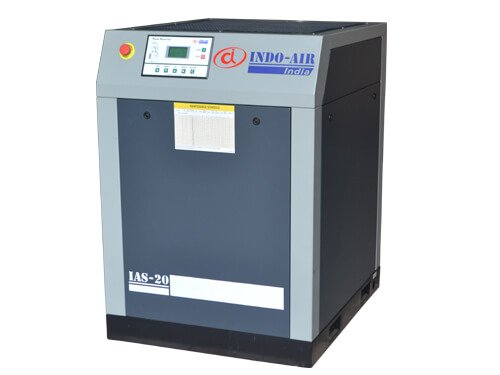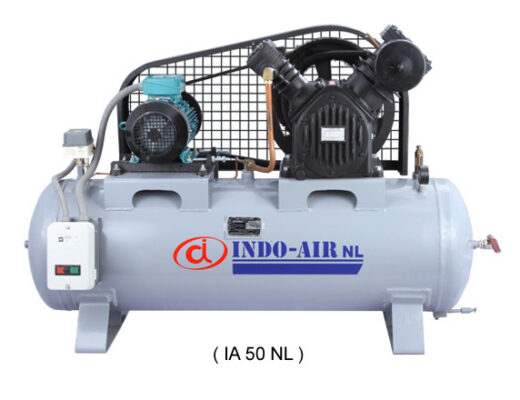In the modern age of technology, the air compressor is a powerful tool utilised by both big and small industries as every compressor manufacturer in Ahmedabad as well as across India make air compressors for different industrial needs. While a compressor will occasionally need routine maintenance to guarantee optimal performance, compressed air is used for heavy-duty operations that would otherwise demand a lot of labour.
But occasionally, any piece of machinery might malfunction, leading you to speculate about potential issues with your air compressor. Whether there is an issue with the motor, the supply of oil, or the pressure, the problem has to be fixed before it develops into an expensive repair. Some of the most typical issues with air compressors can be resolved if proper maintenance is done on time.
Common Air Compressor problems
- Air compressor does not operate: When a compressor fails, it’s typically due to an easy problem or mistake. Fortunately, operational problems with air compressors are among the simplest to identify and fix. Check the power button and turn on the reset switch if necessary if the compressor isn’t getting any electricity. Breakers need to be examined as well. Users occasionally fail to check or replace the fluids, and the results are frequently disastrous. A virtually empty oil tank may be the only cause of your compressor’s malfunction.
- Air Leaks: When the tank is full with air and the compressor is turned off, you can tell whether the compressor is leaking air if the pressure gauge shows a decline in pressure after the compressor has been turned off. If you plug in the compressor, the pressure switch will restart the compressor in reaction to the air leak and decreasing compressor pressure. You may hear a hiss where the air is leaking if the air leak is severe enough. If you run your fingertips along the hoses and other parts, you might be able to feel the air leak.
- Excessive Noise: A reciprocating air compressor may have a problem that has to be fixed right away if it starts making loud noises that are annoying and out of character. Internal components that are loose frequently cause noise. Examine the pulleys, cooler, flywheel, clamps, belt, and other components for slackness and tighten as necessary. The faulty or oil-insufficient crankcase is another typical noise source. Check to see if the crankcase has to be replaced, requires fresh oil or bearings, or both.
- Oil gets over soon: Pure and simple, a compressor requires oil to function correctly. However, there aren’t many elements of compressor functioning that are as inconvenient as times when the oil runs out too rapidly. When a clog develops at the air intake, this is an indication of neglect. If this occurs, the filter has to be cleaned immediately and, in some situations, replaced. The majority of the time, oil leaks may be halted by tightening the bolts on the appropriate machine components or by changing the oil gasket. It is now, not later, that piston rings should be replaced when they show obvious wear.
- Extreme Air Heat at Discharge: Manufacturers of oil free air compressor India say that too much heat from the compressed air can harm the components and surfaces being treated, as well as the compressor’s tools and other internal systems. Examine the cylinder, discharge tube, and intercooler to check if any dirt has accumulated, and clean as necessary. Move the compressor to a location where the ambient air is cooler and flows more freely if it is installed in a hot or poorly ventilated region. Heat is discharged when the head gasket blows. Therefore, it could be time to change the head gasket.




